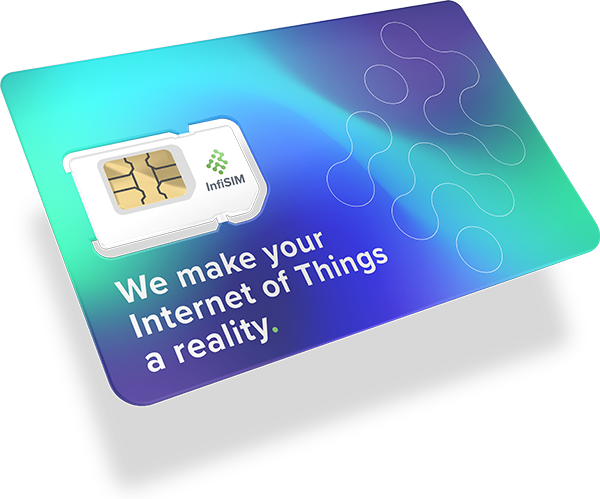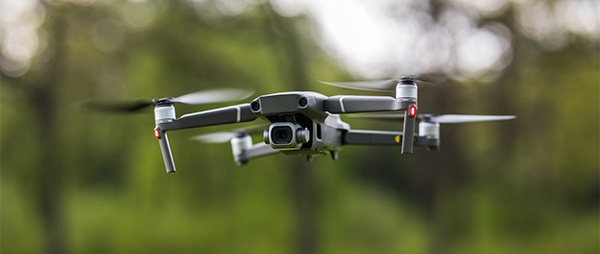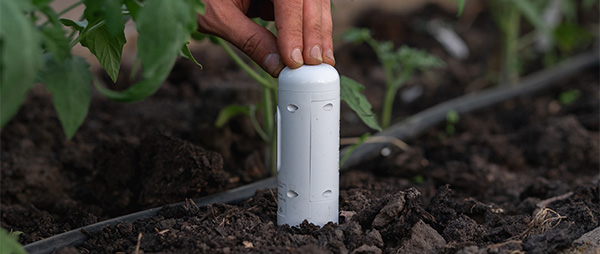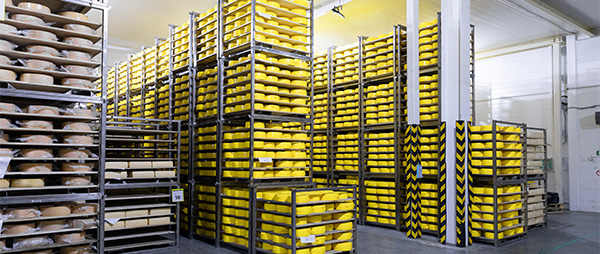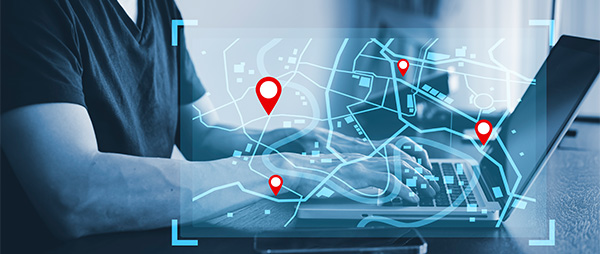Ensure freshness & optimise supply chain.
IoT in food
Revolutionising from farm to table
The food industry is harnessing the power of IoT technology to enhance its operations, minimise waste, and increase productivity. Our IoT SIM cards facilitate a reliable connection, empowering your devices to achieve maximum uptime.
Managing IoT devices within the food industry
Monitoring and managing the multitude of smart devices deployed throughout your organisation can be challenging. With NOVA, our M2M SIM management software, you can easily manage all your connected devices, ranging from crop monitoring sensors to advanced refrigeration units, in real time.
Book a free consultation today and revolutionise your food production, storage, transportation, and retail operations.
Benefits of IoT adoption in the food industry
IoT and connected devices are bringing vast improvements to the food industry. Here’s how:
 Enhance visibility
Enhance visibility

With complete visibility and control over farming and food retailing processes, businesses can reduce food wastage and improve profitability, without increasing sales.
 Higher quality products
Higher quality products

Implementing IoT-enabled sensors and M2M communications allows businesses to monitor key performance statistics for their smart farming or retail operations. This empowers businesses to fine-tune their operations and achieve maximum productivity/efficiency, delivering higher food quality and more consistent products.
 Enhanced customer service
Enhanced customer service

Businesses can allocate more resources to staff training and development by delivering superior quality products with improved margins. This ensures your team is primed to provide the best service and support possible, resulting in happier customers, increased sales, and repeat business.
Examples of IoT in the food industry
Challenges of implementing IoT in the food industry
We supply IoT SIM cards to numerous supply chain management organisations. They create intelligent warehouses by implementing the following:
Revolutionising the food industry with IoT
IoT is set to revolutionise every step of the food value chain, from precision farming and smart storage to efficient transportation and personalised retail experiences.
Although certain challenges may be involved in incorporating IoT, the advantages are considerable. IoT offers several benefits, such as increased productivity, superior product standards, improved customer service, and substantial cost reductions.
Success lies in strategic planning, intelligent technology selection, practical implementation, robust security measures, and ongoing staff training. We offer top-of-the-line M2M SIMs and connectivity management, and we are committed to providing expert guidance throughout the deployment process.
Frequently asked questions (FAQs)
Why use InfiSIM for your IoT SIMs?
InfiSIM are one of the most reputable IoT SIM card providers with hundreds of thousands of SIMs deployed globally. We have UK-based support and fantastic reviews, so you can be sure that your business is in safe hands.
